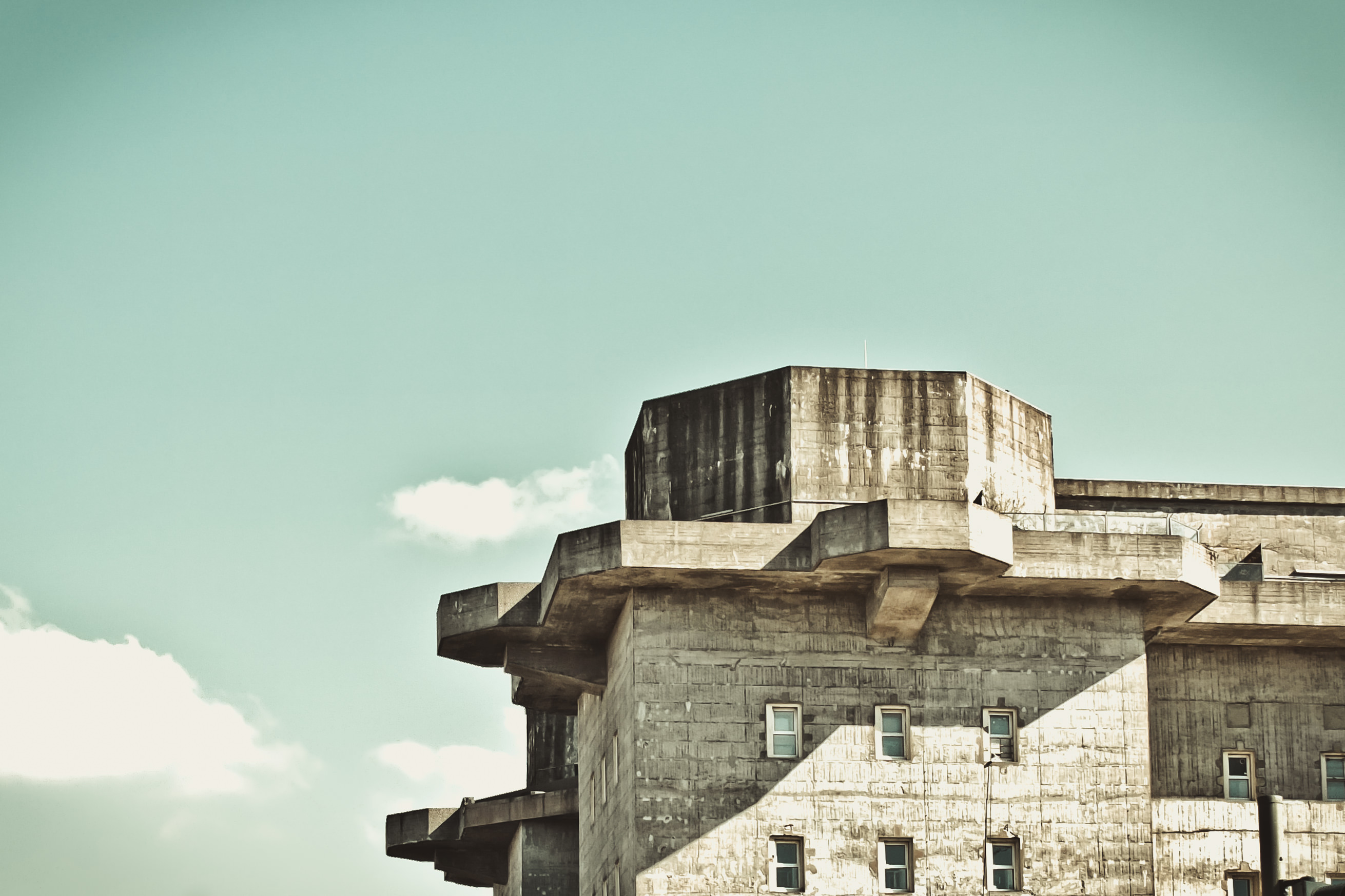
18 Jan Doing Justice
The challenges for those facing incarceration are growing. When you consider the statistics surrounding those serving time in prison, it becomes clear that there is much brokenness within our justice system. Gaps created through poverty and race often bring about more injustice than justice.
Defense attorney Bryan Stevenson discusses the deficits within our system today and calls us to grow in our awareness of the injustice facing many of the accused. The “appalling silence around these issues” must begin to change.
The U.S. has the highest incarceration rate in the world. Yet, when these individuals have served their time, there are limited structures in place to help them reintegrate into society. In fact, those who have spent time in prison lose some of the basic rights of American citizenship. Those convicted of a drug crime are no longer eligible to receive food stamps or government housing or access medical care- basic benefits intended to help empower individuals to move out of poverty. Many states permanently prevent those convicted of crimes from voting again.
Local programs such as Jumpstart in Spartanburg are coming alongside these individuals as they reintegrate into society after time in prison. They provide critical training in job skills, basic society skills, mentoring, and discipleship. We must consider ways that we can support programs like these as they seek to care for our brothers and sisters.
As he closes, Stevenson assures us that “proximity to brokenness will break you…but I am going to call you to embrace it because that’s what Jesus has done.”
He has told you, O man, what is good;and what does the Lord require of you
but to do justice, and to love kindness,and to walk humbly with your God?


